Diarrhea is a regular occurrence in both horses and foals. We have written a separate article about diarrhea in foals. Just like in humans, diarrhea is a symptom that something is wrong in the body. In many cases this is harmless and goes away on its own, but not always. In any case, it is very important to make sure that your horse does not become dehydrated. Any bowel movement that deviates from normal falls under the category of diarrhea. Diarrhea usually means too thin a bowel movement and therefore this variant is also discussed in this article.
What causes diarrhea in horses?
Diarrhea is often caused by passing stool too quickly. The intestine then has less time to absorb the liquid and so there is more liquid in the stool. This may be because the motility (movement) of the gut is too high. Damage to the intestinal wall can cause the intestines to hold less water, leaving more moisture in the stool. Excessive motility and a damaged intestinal wall also ensure that the intestine is less able to absorb nutrients. This will make your horse worse and weaker.
What are the causes of diarrhea in horses?
Sand; Sand causes damage to the intestinal wall, making it less able to absorb moisture and nutrients. Horses that run in poor pasture or in a paddock are more likely to have diarrhea because of the sand. These animals can absorb more sand than other horses. Normally, sand is easily drained through the intestines. However, if a horse ingests too much sand (or if the intestines are not quite flexible), this sand can remain. It then accumulates in the cecum or large intestine. Your horse may then develop diarrhea and/or colic. Sand does cause diarrhea (little manure and/or a wet tail), but the horses are not usually sick.
power supply; Many horses get diarrhea as a result of a change in diet. For example, consider eating young grass when the horses are first allowed out into the country after the winter. The young spring grass disturbs the intestinal flora. As soon as the intestines have gotten used to the new situation, the diarrhea usually disappears on its own. In addition to fresh grass, moldy or spoiled feed can also cause diarrhea. The intestinal flora of a horse is constantly in balance and can therefore be quickly disturbed. It then takes a while for the intestinal flora to adapt to the new situation.
Bad teeth
Bad teeth can make your horse chew its feed less well. Pieces of food that are too large end up in the intestines, which can lead to diarrhea. Chewing, i.e. reducing the size of food, is the first phase of digestion. In horses with dental problems, the feed is not chewed sufficiently and is reduced. This affects the rest of the digestive process. You can often see undigested manure with lots of water and a wet tail.
Stressful situations in horses
Diarrhea can occur in some stress-sensitive horses. This often happens during transport or at a competition. This is a reflex caused by the nervous system.
Salmonella in horses
Salmonella are bacteria. It is one of the most common causes of diarrhea in horses. Not every horse will contract a salmonella infection. Some horses do not mind, while other horses can become very ill and even die. Horses with reduced resistance are particularly sensitive to Salmonella infection. Salmonella often occurs in combination with sand and/or worms. Horses have severe watery diarrhea, fever and/or blood poisoning. This form of diarrhea can possibly only be brought under control by intensive treatment with infusions.
Colitis X in horses
Colitis X, an acute and severe inflammation of the bowel, is a disease whose cause is not fully understood. Possible causes are stress, prolonged use of antibiotics or a change in diet. Colitis X is very dangerous and life threatening for your horse, but fortunately it is not very common.
Worms in horses
Worms in horses can also be a cause of diarrhea. However, it is not often that a worm infestation is the cause of diarrhea in adult horses. . Younger, growing animals in particular can suffer from worm diarrhea.
What are the symptoms of diarrhea?
Diarrhea can come in many different forms. The diarrhea can be mushy or mushy, but it can also be watery. Horses with diarrhea have more frequent bowel movements and the total amount of manure per day is also higher than normal. Sometimes some thin liquid manure comes out first and later only watery liquid. Horses with more severe diarrhea also become lethargic and can become dehydrated. So make sure that your horse can drink enough water at all times when it has diarrhea and look for the cause together with your veterinarian.
How is diarrhea in horses treated?
In some mild cases, your horse will recover from the diarrhea on its own. Diarrhea caused by diet changes or by eating a lot of young grass often goes away on its own. If your horse continues to have diarrhea for more than a few days or your horse is unfit, contact your veterinarian.
Diarrhea leads to dehydration and nutrient depletion. In order to properly treat diarrhea, it is necessary to find the cause of the diarrhea. The most important part of treatment is moisture. Your horse must never dry out! In the case of severe diarrhea, an IV must be given so that your horse gets the liquid straight into the bloodstream. Using a blood test, your vet will determine what steps are needed.
How can I prevent diarrhea in my horse?
To reduce the risk of diarrhea, you can consider the following:
It is important to prevent sand ingestion as much as possible. For example, do not feed from the sand, but from a container or from a stone surface. It is also unwise to let the horses run in a barren pasture. You can regularly check your horse's manure for sand. You can do this by dissolving a fertilizer ball in water (in a container or glove). The sand then sinks to the bottom. A little sand is not a problem, if in doubt it is best to consult your veterinarian.
Sudden feed changes are best avoided. Gradually get your horse used to the new feed. This can be achieved by mixing the feed for several weeks. It is also better not to give musty-smelling and moldy feed, this applies to both concentrated feed and roughage. It is also important not to let your horse graze in a pasture with young grass for too long.
This text was translated by a translation machine
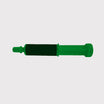 Horse Pharmacy
Horse Pharmacy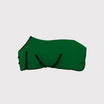 Rugs
Rugs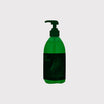 Care
Care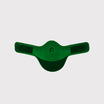 Saddle and Attachments
Saddle and Attachments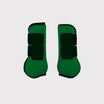 Leg Protection
Leg Protection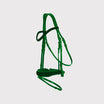 Bridles
Bridles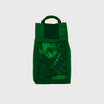 Feed
Feed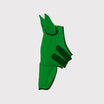 Fly Masks
Fly Masks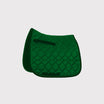 Saddle Pads
Saddle Pads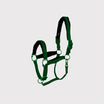 Headcollars and Ropes
Headcollars and Ropes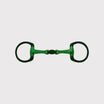 Bits
Bits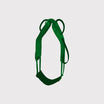 Other Disciplines
Other Disciplines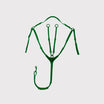 Reins and Auxiliary Reins
Reins and Auxiliary Reins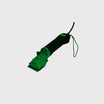 Clipping
Clipping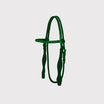 Western
Western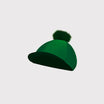 Eventing
Eventing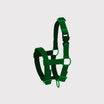 Foals
Foals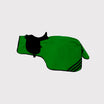 Reflection
Reflection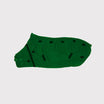 Therapy Products
Therapy Products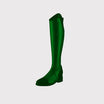 Boots and Shoes
Boots and Shoes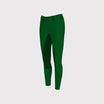 Breeches and Belts
Breeches and Belts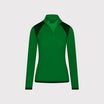 Tops
Tops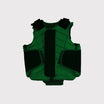 Safety
Safety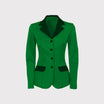 Competition
Competition Heated Clothing
Heated Clothing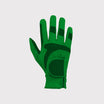 Gloves
Gloves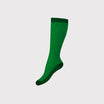 Socks
Socks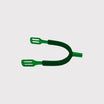 Spurs and Attachments
Spurs and Attachments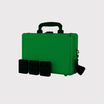 Technology
Technology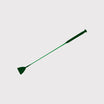 Whips
Whips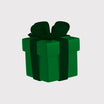 Gifts
Gifts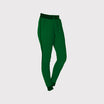 Casual Wear
Casual Wear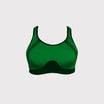 Underwear
Underwear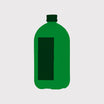 Rider Pharmacy
Rider Pharmacy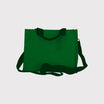 Bags
Bags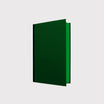 Books
Books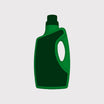 Laundry supplies
Laundry supplies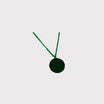 Jewelry
Jewelry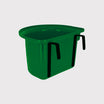 Feed and Waterbowls
Feed and Waterbowls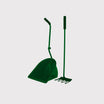 Equipment
Equipment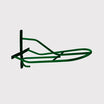 Tack Room
Tack Room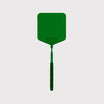 Pest Control
Pest Control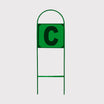 Arena
Arena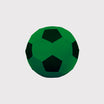 Horse Toys
Horse Toys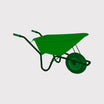 Wheelbarrows
Wheelbarrows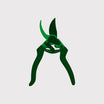 Yard
Yard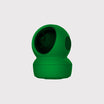 Surveillance
Surveillance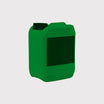 Disinfect
Disinfect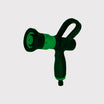 Washing Area
Washing Area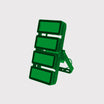 Lighting
Lighting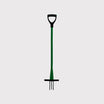 Horse Pasture
Horse Pasture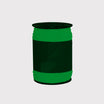 Current Conductors
Current Conductors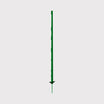 Pole
Pole Insulators
Insulators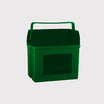 Energisers
Energisers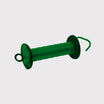 Gate Handles
Gate Handles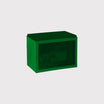 Batteries and Accumulator
Batteries and Accumulator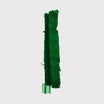 Nets
Nets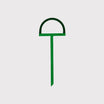 Grounding
Grounding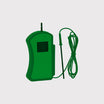 Tools
Tools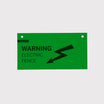 Fencing Security
Fencing Security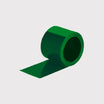 Wolf Defense
Wolf Defense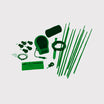 Fencing Sets
Fencing Sets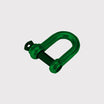 Fence locks
Fence locks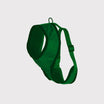 Dogs
Dogs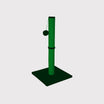 Cats
Cats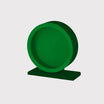 Rodents
Rodents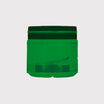 Dogs Pharmacy
Dogs Pharmacy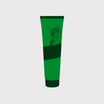 Cats Pharmacy
Cats Pharmacy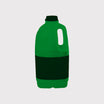 Rodents Pharmacy
Rodents Pharmacy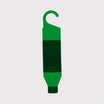 Cattle Pharmacy
Cattle Pharmacy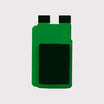 Poultry Pharmacy
Poultry Pharmacy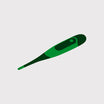 Veterinary Supplies
Veterinary Supplies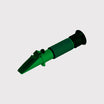 Cattle
Cattle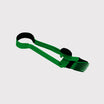 Sheep and Goats
Sheep and Goats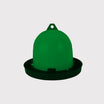 Poultry
Poultry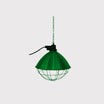 Heat Lamps
Heat Lamps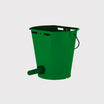 Calves
Calves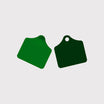 Marking
Marking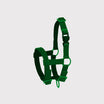 Halters
Halters